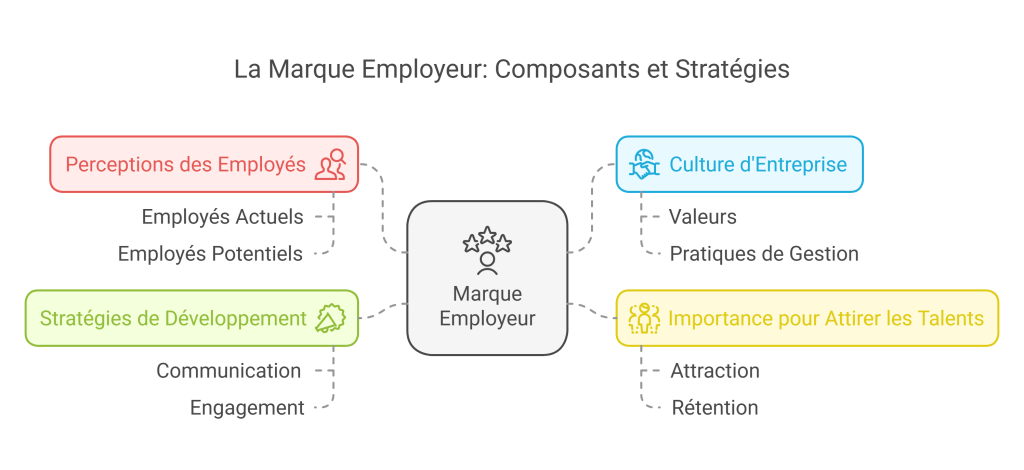What you need to know about employer branding is an essential concept in the modern world of work, which refers to a company’s image and reputation as an employer. What you need to know about employer branding is that it encompasses the perceptions of current and potential employees, as well as company culture, values, and human resources management practices. In this paper, we’ll explore the key elements of employer branding, its importance in attracting and retaining talent, and strategies for developing it effectively.

Employer branding is an essential concept in the modern world of work, which refers to a company’s image and reputation as an employer. It encompasses the perceptions of current and potential employees, as well as the corporate culture, values and human resources management practices. In this paper, we’ll explore the key elements of employer branding, its importance in attracting and retaining talent, and strategies for developing it effectively.
What is employer branding?
Employer branding is how a company positions itself in the job market. It reflects the employee experience, the corporate culture and the values conveyed by the organization. A strong employer brand can help attract quality candidates, retain employees, and improve job satisfaction.
Why is it important?
- Talent attraction : A positive employer brand attracts candidates who share the same values and are aligned with the company’s culture.
- Employee retention : Companies with a good reputation as an employer tend to retain employees longer, reducing turnover and associated costs.
- Employee engagement : A strong employer brand fosters a positive work environment, which increases employee engagement and productivity.
- Competitive advantage : In a competitive job market, a well-established employer brand can make a difference in the choice of candidates.
How to develop an employer brand?
- Define the company’s values : Clearly identify and communicate the company’s values and mission. This helps to create a consistent image.
- Improve employee experience : Listen to employee feedback and implement initiatives to improve employee satisfaction and well-being at work.
- Use social media : Share employee testimonials, success stories, and company events on social media to show the company culture.
- Promote diversity and inclusion : Highlight the company’s efforts to create an inclusive and diverse work environment.
- Measure and adjust : Use surveys and KPIs to assess the effectiveness of your employer brand and make adjustments as needed.
Conclusion
Employer branding is a crucial element for any company wishing to attract and retain the best talent. By investing in the development of a positive and authentic image, companies can not only improve their reputation, but also create a work environment where employees feel valued and engaged. Ultimately, a strong employer brand is a strategic asset that can contribute to the long-term success of the organization.















